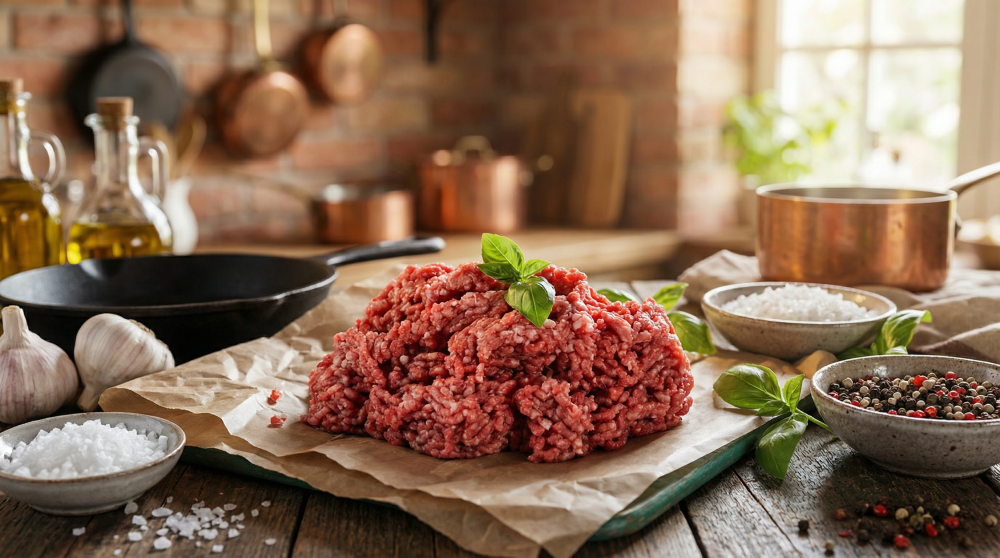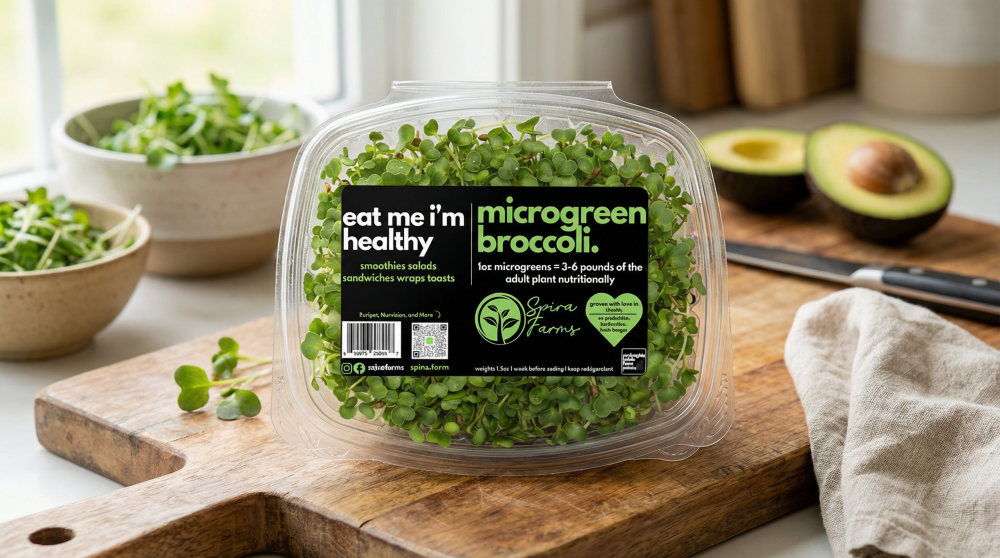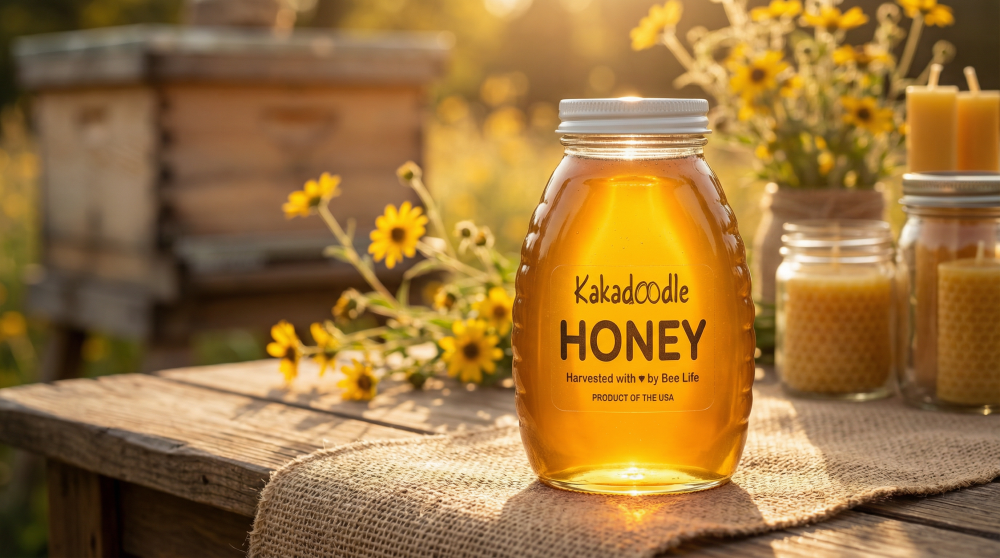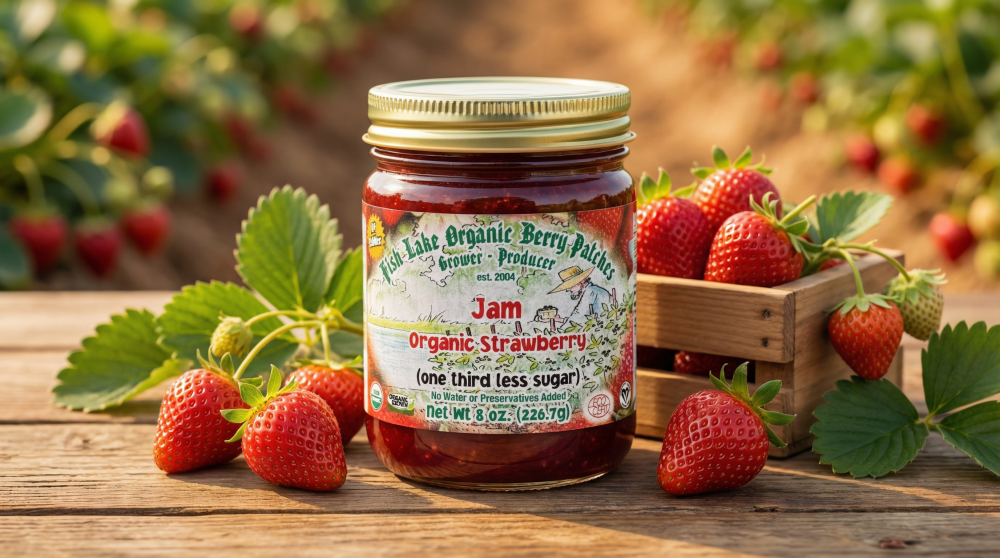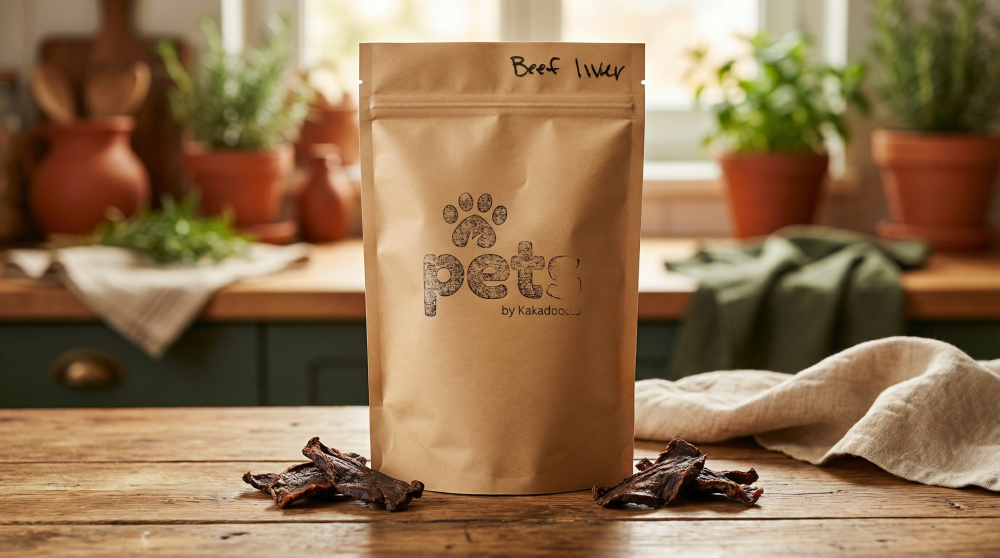article Real foods, not bioenegineered
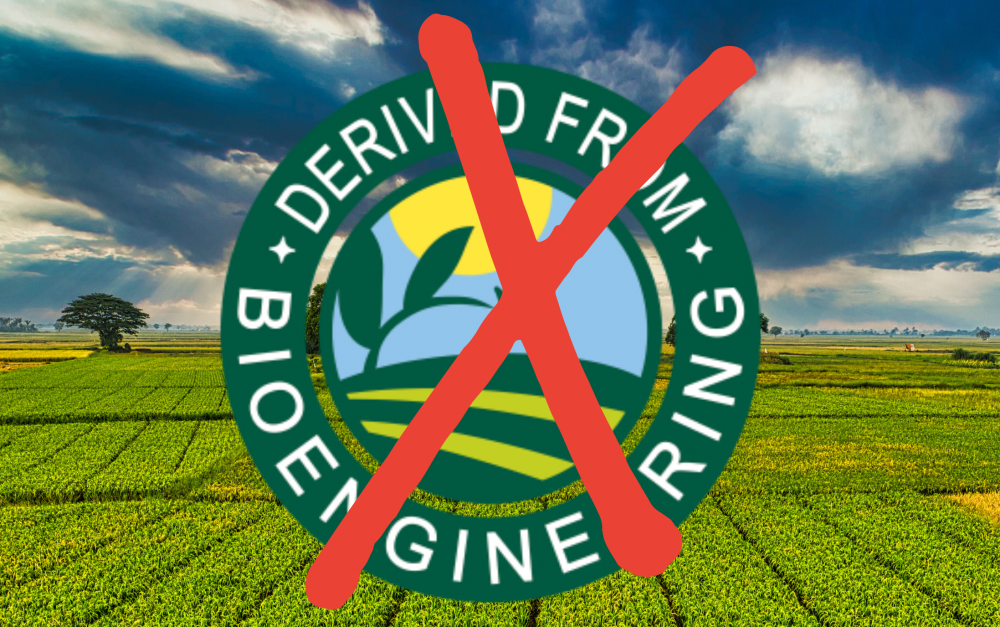
At Kakadoodle, we are on a mission to feed our community real food the way is was meant to be. Food that is meant to nourish and heal our bodies while living in harmony with the land. Real food from happy animals on local farms. Sounds like the way we should all be eating, right? Sadly that is not the case.
In our society that focuses on profit over health, industrialized farming has normalized and disguised genetically modified (GMO) foods so well that people think they are eating real food but it was actually developed in a lab. As of January 2022, food products containing bioengineered (BE) ingredients must disclose it on the label. The BE label must be used when it "contains modified genetic material and that the modification is not otherwise obtainable through traditional crossbreeding or found in nature." NOT. FOUND. IN. NATURE. 😲
This BE list includes corn, soybeans, some potatoes and several other foods that people may perceive as natural because they are grown in a field. In fact, 92% of corn planted in 2020 was GMO corn! Here are the real concerns about BE / GMO foods:
-
Health and Safety: One of the primary concerns is the potential impact of consuming GMOs on human health. Critics worry that genetic modifications could introduce allergens, toxins, or other harmful substances into the food supply.
-
Environmental Impact: GMOs have the potential to affect ecosystems and biodiversity. Some GMOs are engineered to be resistant to certain pesticides, which could lead to increased pesticide use and the development of pesticide-resistant pests.
-
Ethical and Moral Considerations: There are ethical concerns about altering the genetic makeup of organisms. Some critics argue that manipulating the genes of living organisms raises questions about the boundaries between humans and nature, and whether humans have the right to make irreversible changes to the genetic code of other species.
-
Corporate Control: A significant concern is the dominance of a few large biotech companies in the GMO market. Critics worry that this concentration of power could lead to corporate control over the food supply, limit choices for farmers and consumers, and potentially increase food prices.
-
Unintended Consequences: The introduction of GMOs into ecosystems could lead to unforeseen consequences. Genetic modifications might have effects on non-target species, soil health, and overall ecosystem dynamics that are difficult to predict.
-
Lack of Long-Term Studies: Critics argue that there hasn't been enough long-term research conducted to fully understand the potential effects of GMO consumption on human health and the environment.
Luckily we at Kakadoodle are intentional about the foods we offer you to feed your families. We believe that food is medicine and our offerings should reflect that. On our marketplace, you will find food the way it was meant to be. Real food, from happy animals on local farms.



